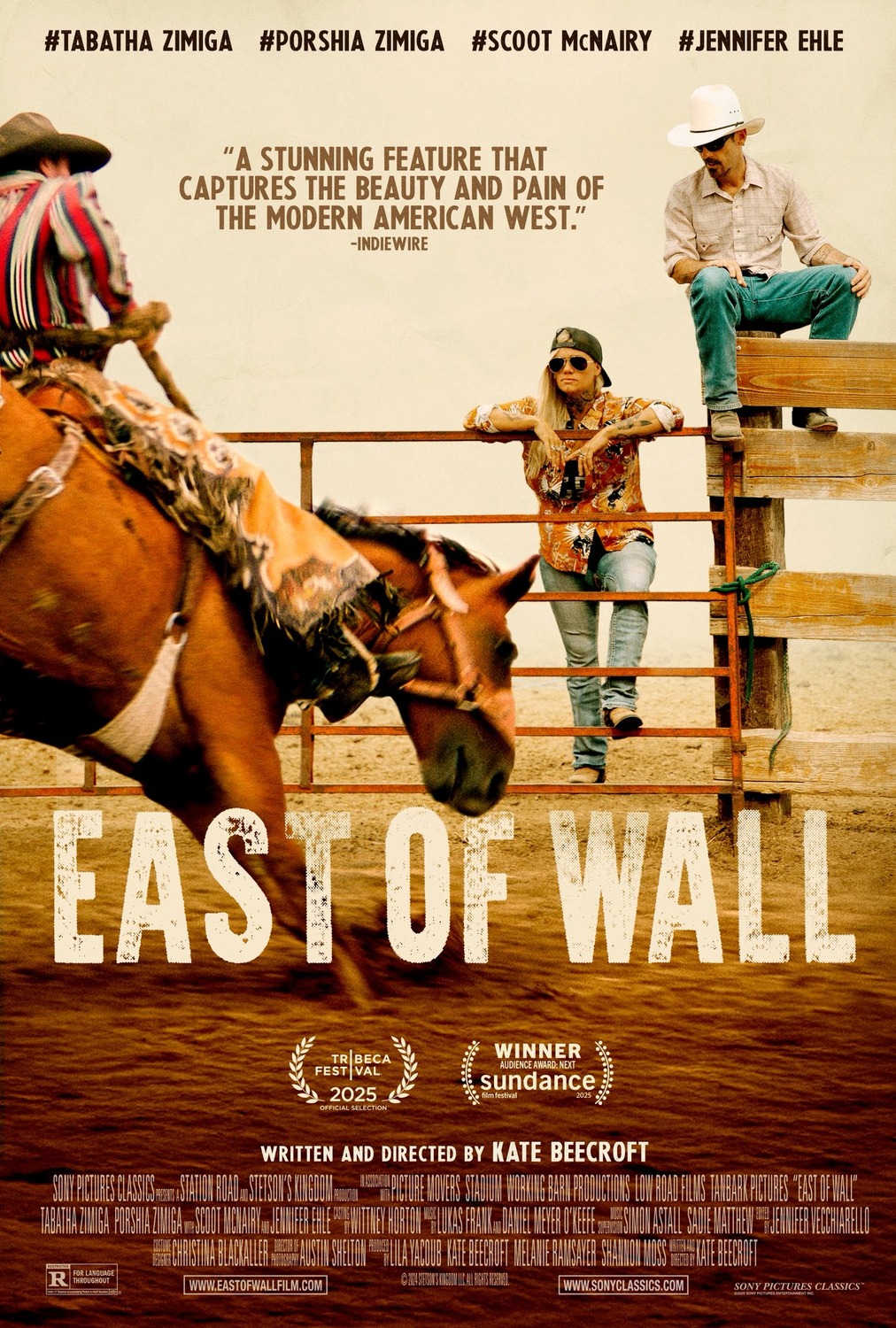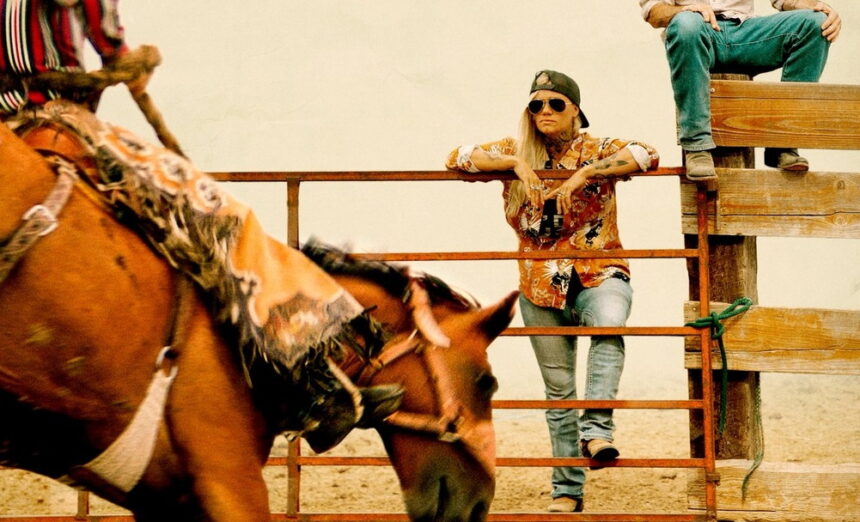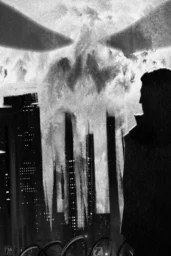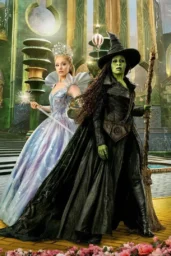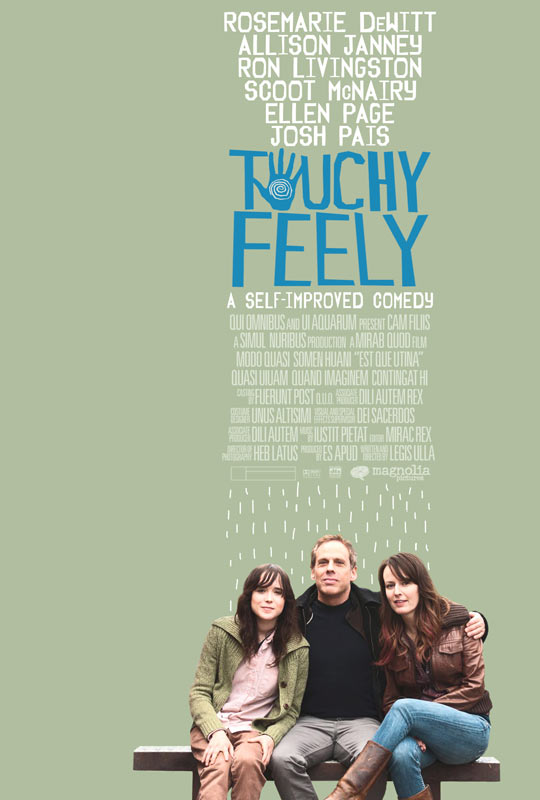There's a moment in the poster — blink and you'll miss it — that says more than the tagline ever could. A horse mid-gallop, its rider blurred into dust. A girl, arms folded over the rusted fence, half in shadow. And behind her, a man perched like an afterthought, white hat and denim, watching from above. It's a still frame soaked in weariness and defiance — a perfect visual thesis for what East of Wall wants to be.
Written and directed by Kate Beecroft, East of Wall is already collecting accolades before it even lands in theaters. An official selection at the 2025 Tribeca Film Festival and winner of the Audience Award at Sundance, this one isn't just festival window dressing. It's shaping up to be a legitimate conversation piece — the kind of quiet storm that creeps into critical circles, then kicks the door in.
The story centers on Tabatha (played by Tabatha Zimiga), a young rancher scraping by in the Badlands of South Dakota. She rescues horses. She buries grief. She mentors neighborhood teens no one else wants. It's a story we've heard before — but rarely from this angle. And almost never with this kind of unvarnished realism.
Here's the synopsis, in the film's own words:
“Set in the Badlands of South Dakota, Tabatha, a young, rebellious rancher, who rescues and resells horses, must make hard decisions to deal with her fractured family, financial uncertainty, and unresolved grief, all while providing refuge for a group of wayward neighborhood teens.”
Notably, the cast leans into authenticity. Real-life sisters Tabatha and Porshia Zimiga headline, with Scoot McNairy and Jennifer Ehle offering veteran gravity. And while most films about the “New West” dress up hardship in amber-tinted myth, this one feels more tactile. You can smell the manure. Feel the cold iron gate. Hear the silence between family members who no longer know how to speak.
Beecroft doesn't pander. She doesn't paint her characters as noble martyrs or righteous rebels. Instead, she gives us flawed people doing their damnedest not to break. That might not win her applause from studios looking for glossy empowerment narratives — but it's exactly what gives East of Wall its bite.
The poster design echoes this rawness. It's not pretty. It's not slick. In fact, it recalls the grainy aesthetic of 1970s rodeo documentaries — think On the Muscle or the quieter stretches of Junior Bonner. Warm browns, sun-bleached denim, and enough dust to choke a lens. It's a welcome relief from the algorithmic, Photoshop-scrubbed gloss we've come to expect from A24 knockoffs.
And that tagline — “A stunning feature that captures the beauty and pain of the modern American West” — comes courtesy of IndieWire. A solid endorsement, sure, though I'd be more inclined to trust the film itself than the blurb. Critics have a way of over-praising sincerity when it comes with a regional accent.
East of Wall opens in theaters on August 15, 2025. It's rated R for language throughout, which, frankly, is a nice change of pace from neutered prestige fare that fears its own shadow. If the trailer's any indication, this one has teeth. And something to say.
Will it change cinema? No. But it might just change how we look at stories told from the fringes — the ones that rarely get posters, premieres, or press.
